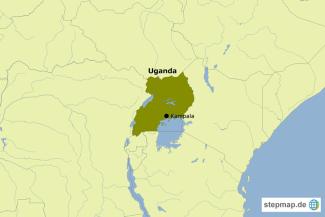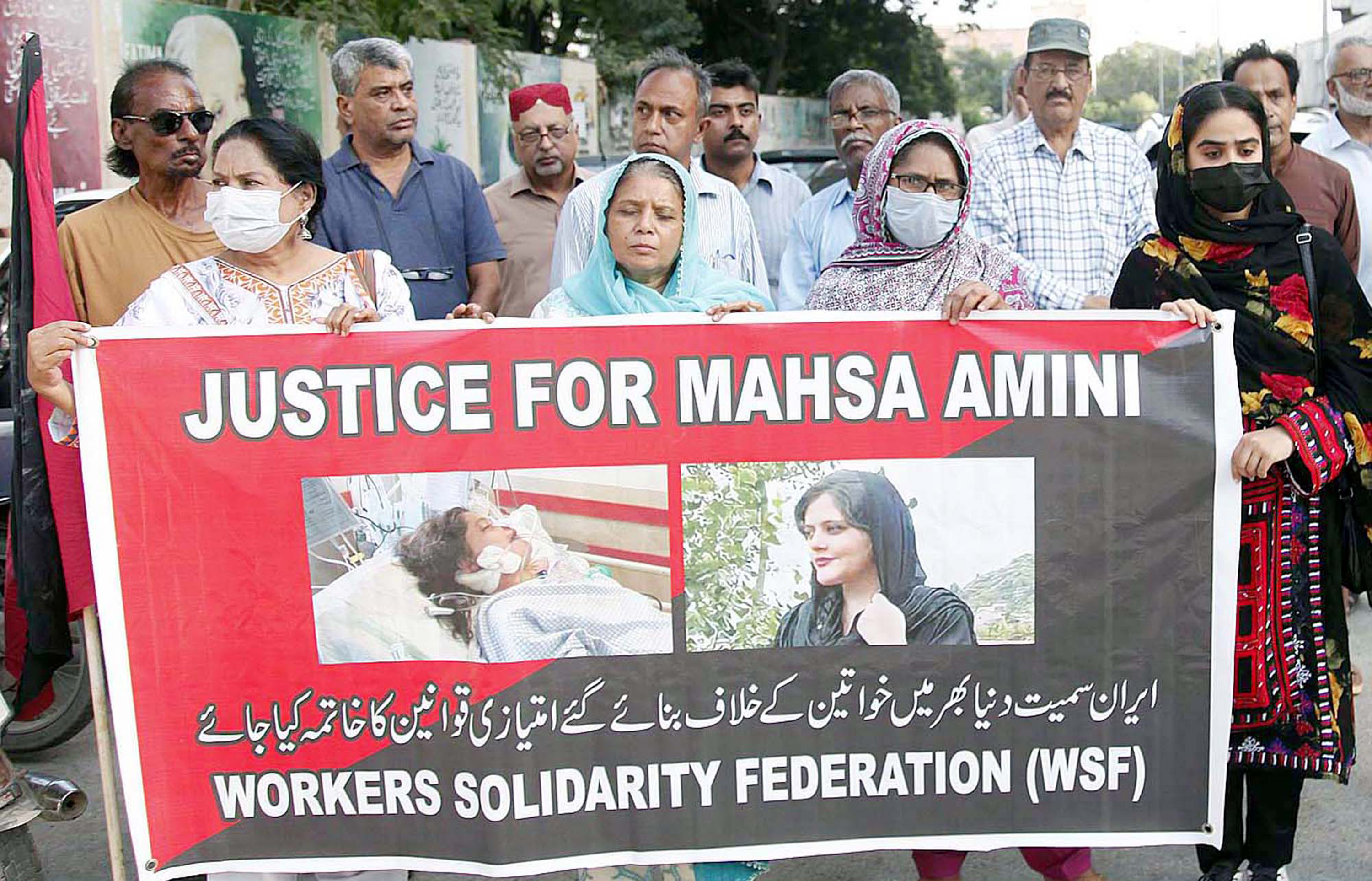Gender
Mutilated women

According to UNICEF, “female genital mutilation/cutting (FGM/C) refers to all procedures involving partial or total removal of the external female genitalia or other injury to the female genital organs for non-medical reasons.” More than 130 million girls and women have experienced FGM/C in 29 countries in Africa and the Middle East where the practice is most common.
Culturally, it is seen as an initiation into womanhood supposedly reducing sexual desire, hence limiting sex outside marriage. Many men would not marry an uncircumcised partner. Doctors blame FGM/C for urinary, menstrual and infertility complications, increasing the risk of HIV/AIDS infections as well as newborn deaths.
Uganda is one of the countries that fight this tradition. It is mostly practiced by tribes in eastern Uganda bordering Kenya, with 95 % of all women affected among the Pokot, and 50 % among the Sabinyi. According to Joy for Children, a Ugandan non-governmental organisation, FGM/C violates the victim’s rights to health, security and physical integrity. It is an inhuman act that degrades women, and often results in death.
When an experienced local FGM/C practitioner like Grace Ilukuri decides to quit mutilation, that is a positive step and sends a signal to others. It shows that Uganda is serious about ending this harmful tradition. “I always worked with four helpers,” Grace recounts. “My team ensured the woman was held hard on the ground facing the sky, on a mat dressed with blankets to absorb oozing blood. A cloth would be tied on her mouth to prevent her loud screams from attracting authorities. When her legs were spread apart by the helpers, I would begin the cutting,” Grace says.
She abandoned her job after a young woman bled to death in the hands of fellow surgeon. With traditional circumcisers laying down tools, there is hope for ending this practice, but trauma and physical pain still haunt the victims.
Social worker Juliana Akite notes communities’ growing awareness of the risks of FGM/C. Preachers deliver sermons against FGM/C, local radio stations run special programmes, and there is door-to-door mobilisation. Free government education is empowering girls to stay in school. Ugandan parliament voted against FGM/C and recommended 10-year jail or life sentences for mutilators. However, Akite calls for close monitoring, because in remote villages, girls are still hidden in the forest and circumcised.
Gloria Laker Aciro is a former war reporter, now heading the Peace Journalism Foundation of East Africa. She lives in Uganda.
glorialaker@gmail.com
Links:
World Health Organization – Fact Sheet on Female Genital Mutilation/Cutting:
http://www.who.int/mediacentre/factsheets/fs241/en/
“Joy for Children” Uganda:
http://www.joyforchildren.org/












